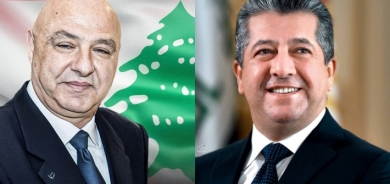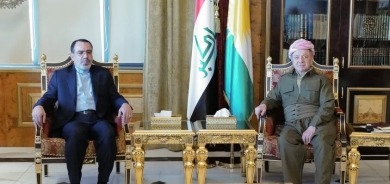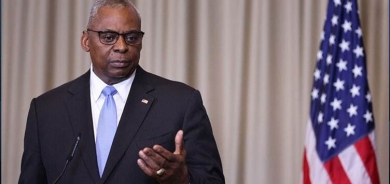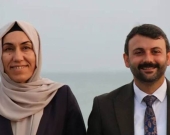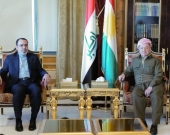Mursi’s oath ceremony at stake; ElBaradei sets conditions for Egypt PM post

A spokesperson of the newly-elected president told Egypt’s daily al-Youm al-Sabea that the scheduled time and location of the swearing in ceremony has not been decided yet, Egypt’s daily al-Youm al-Sabea reported.
Mursi’s spokesman Yasser Ali was quoted as saying that negotiations in this regard are still underway and that the national powers are all involved to reach a final decision on the best way to deal with this issue without violating the law.
Meanwhile, Major General Mamdouh Shaheen, a member of the Supreme Council of Armed Forces (SCAF), was also quoted by al-Youm al-Sabea as saying that Mursi will be sworn in before the Supreme Constitutional Court.
According to the June 30, 2011 constitutional declaration, Mursi should be sworn in before the parliament as the legitimately elected entity.
But, the Constitutional Court ruled on June 14 that the Islamist-dominated lower house of parliament, known as the People’s Assembly, was unconstitutional.
SCAF announced the dissolution of parliament on June 15, prompting mass protests amid a wave of accusations that the military rulers have challenged the people’s will.
If sworn in before the Court, Mursi would be acknowledging the Constitutional Declaration announced by the SCAF on June 17, which faced widespread rejection from various political forces.
Meanwhile, Mursi began Monday the consultations for the formation of his presidential team and the government, which he had promised would not be limited to the Brotherhood’s FJP, but would include the other political parties and forces.
There has been talk of Mursi having discussions with Nobel Peace Prize winner Mohammed ElBaradei, the former U.N. nuclear watchdog chief, for the role of prime minister, as a kind of reassurance to non-Islamists.
Mursi had earlier this month promised that in case he became the, his team of vice presidents would include “a woman, a Christian and a member of the Muslim Brotherhood.”
A source close to ElBaradei was quoted by al-Youm al-Sabea as saying that the Nobel Laureate was in intensive consultations with leaders of the Muslim Brotherhood group over nominating him for the post of prime minister and the possibility of forming a coalition government.
The source told the Egyptian daily that ElBaradei set some conditions before accepting the high post. The conditions include that the new government should be formed of “technocrats” and should include ministers based on their fields of specialties and not on their belonging to certain political parties. The source said that these conditions will help on laying out an integrated plan to salvage Egypt out of its current crisis and, in the meantime, accomplish the least demands of the Egyptians represented in the revolution slogans: Bread, Freedom and Social Justice.
ElBaradei also asked for clear and specific liabilities as a prime minister, as he doesn’t want to fill an honorable post with no accountabilities. The source was quoted by al-Youm al-Sabea as saying that ElBaradei will not accept the post unless he gets wide liabilities that would enable him to apply his thoughts and suggestions regarding the current situation in Egypt.
One more condition for ElBaradei is the importance that his ministerial team should not include more than two seats for the Muslims Brotherhood and only one seat for the Salafists; while the rest of the ministers should be technocrats who do not belong to any political parties.
Reuters



